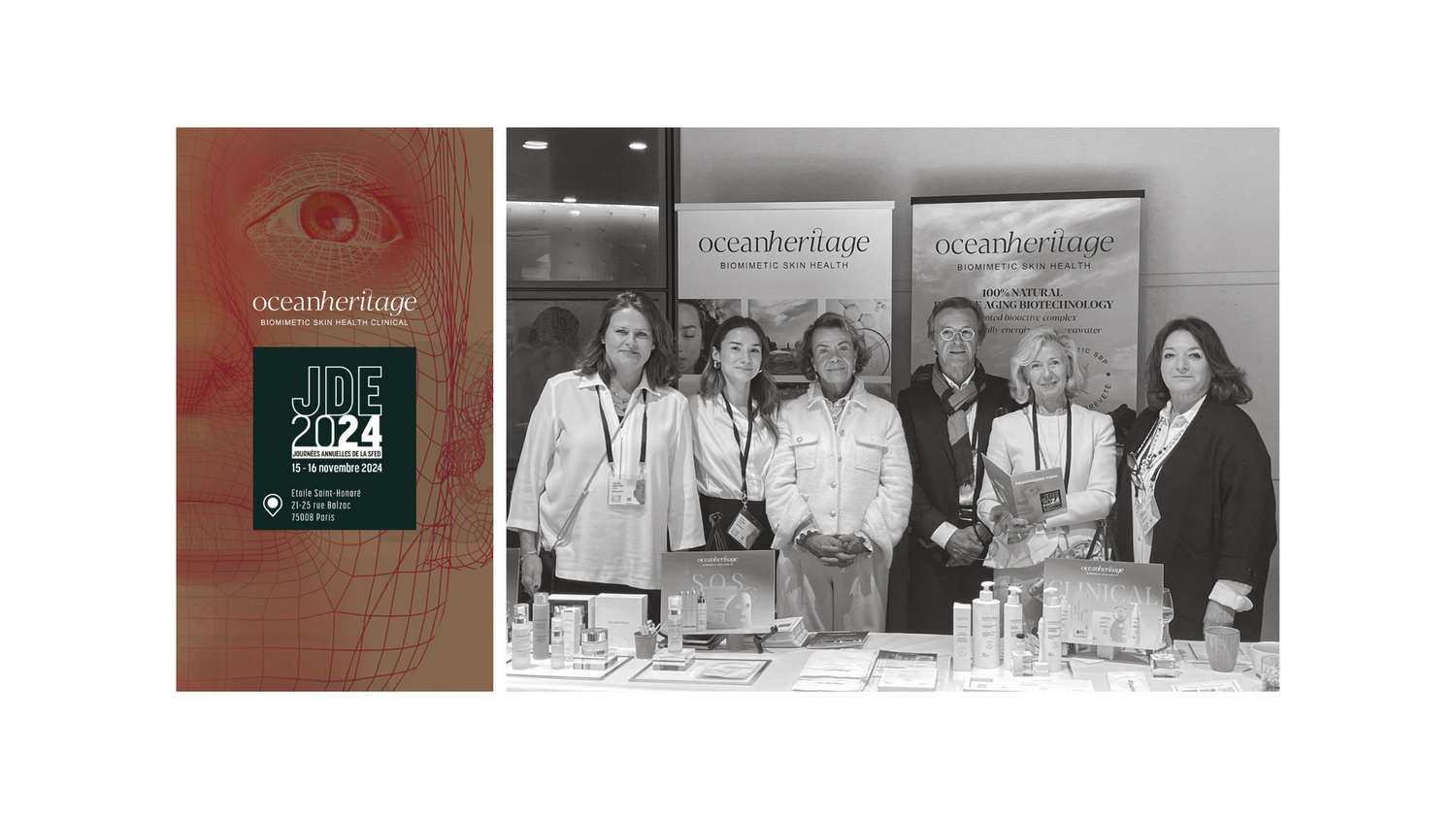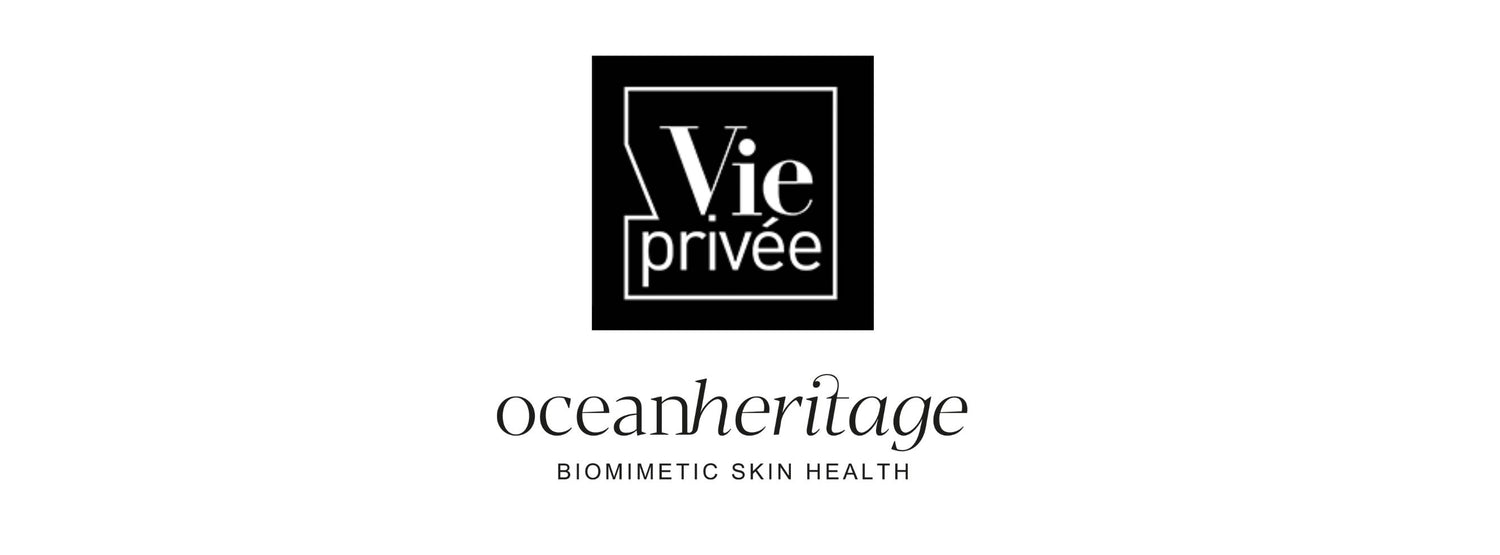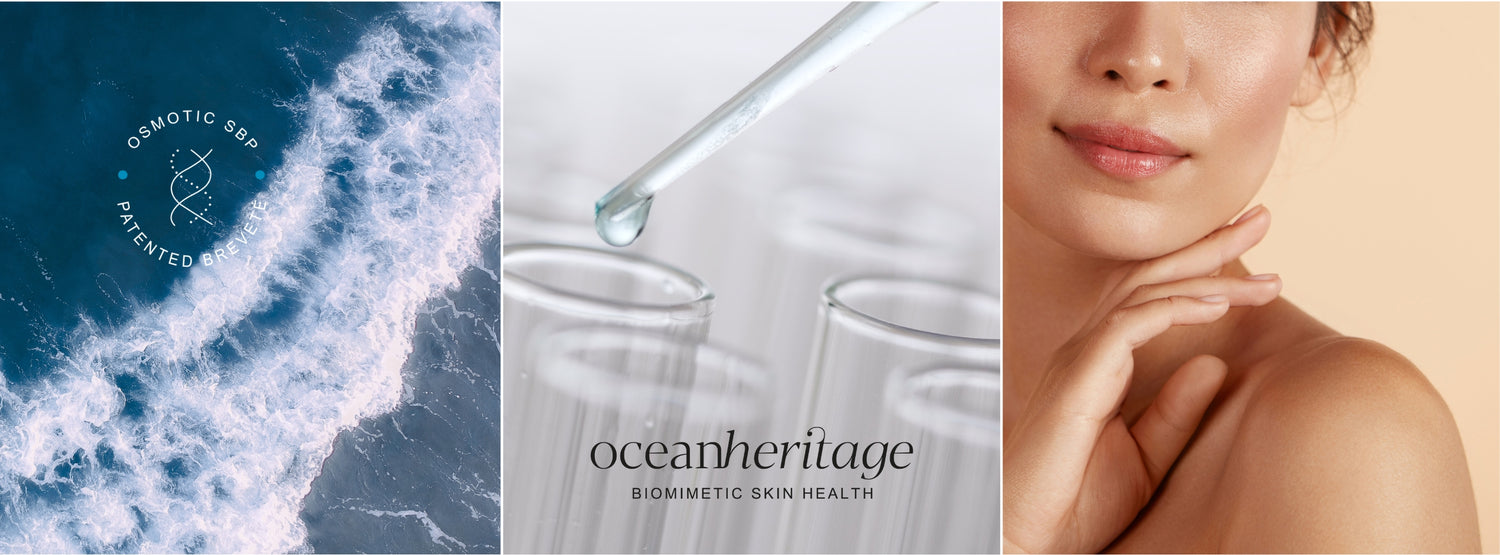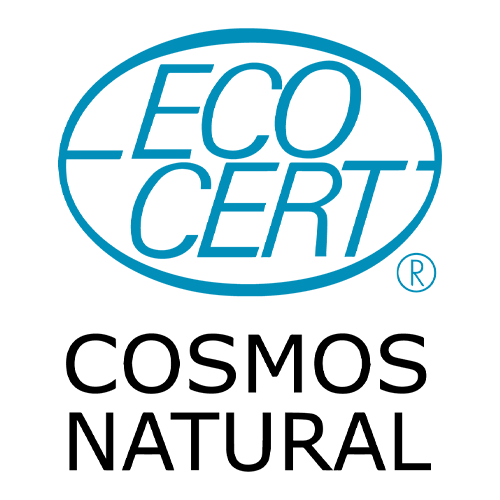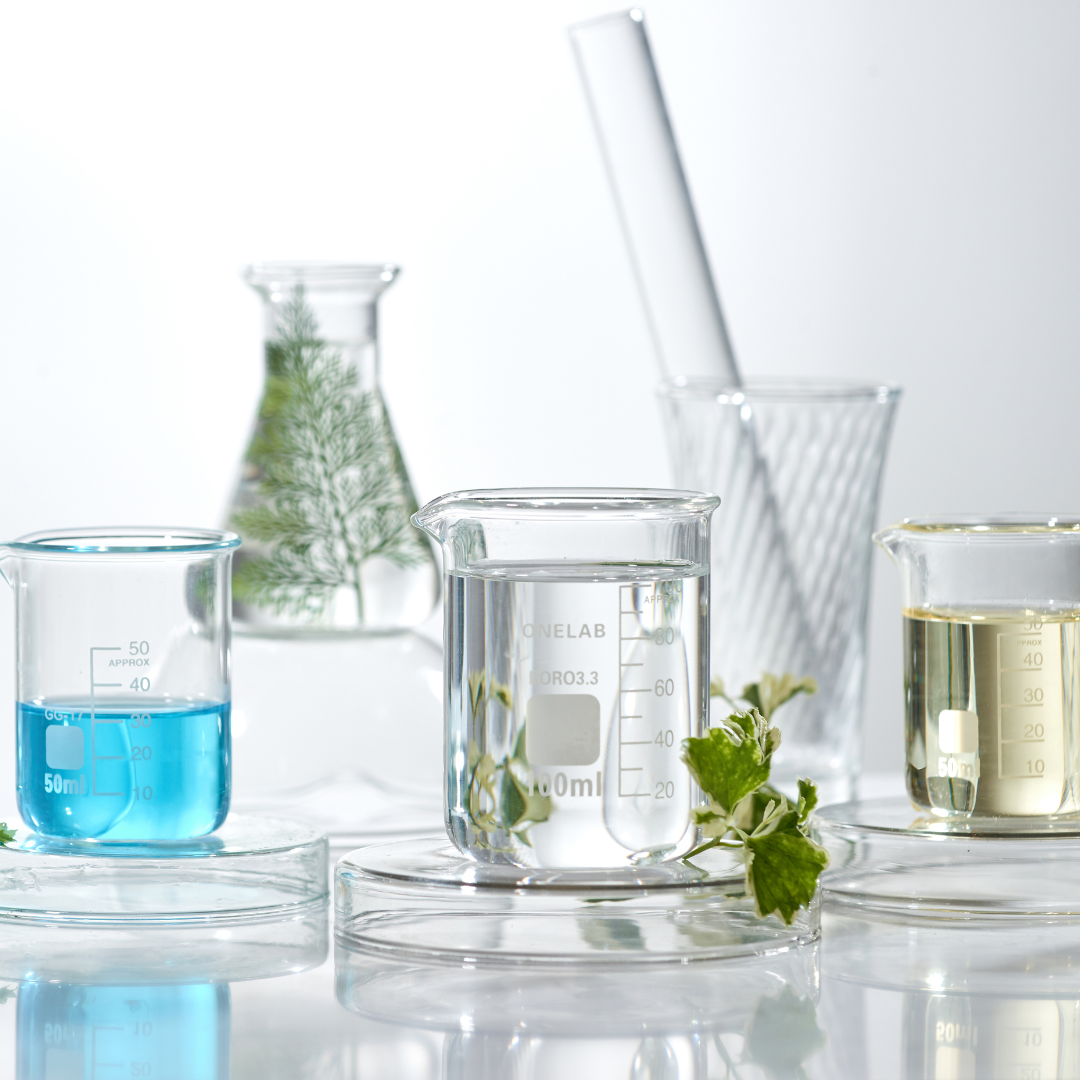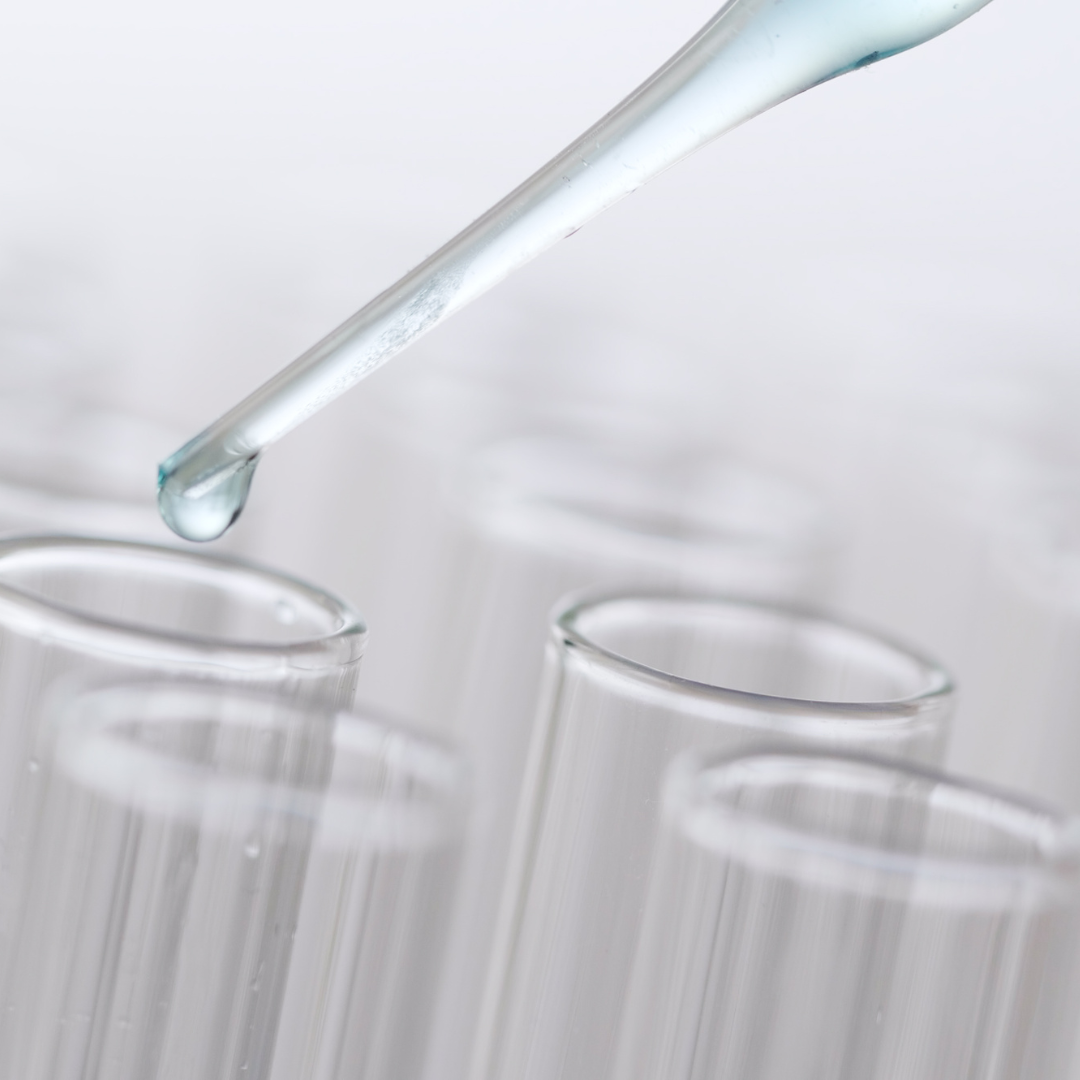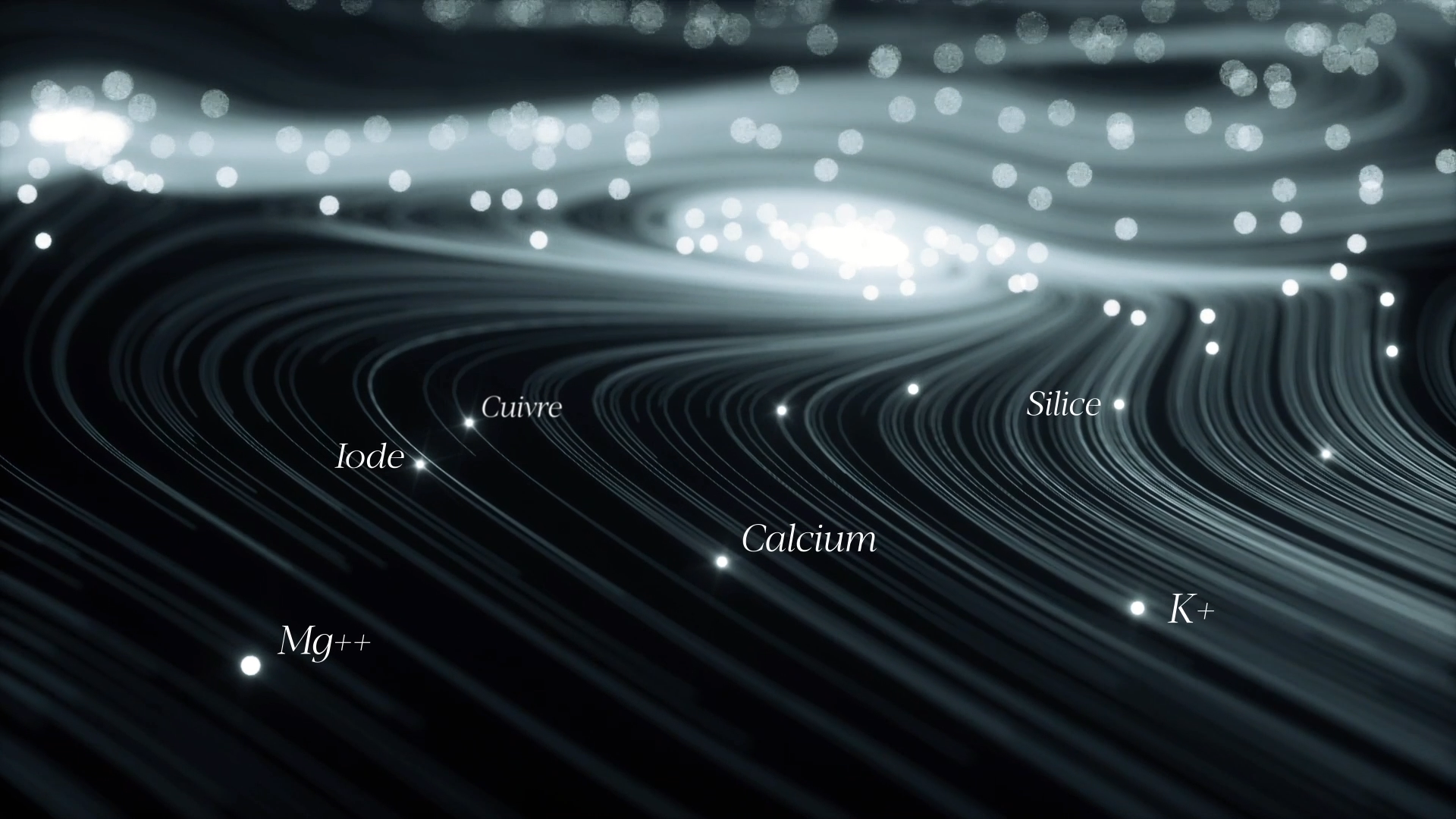Nowadays, the beauty and health market presents many products that aim to help slow down or reverse the effects of aging. The terms “anti-aging” and “pro-aging” are often used to describe them, but what is the difference between them? In this article, we will explore these two concepts and how they can influence the way we experience the passing years…..
Let's start with anti-aging.
The term " anti-aging " is used to describe anything that is believed to help reduce the signs of aging, such as wrinkles, age spots, loss of skin firmness and volume. Commonly used anti-aging products include moisturizers rich in antioxidants and ingredients such as hyaluronic acid, vitamin C and retinoids. However, the term "anti-aging" is often criticized for its negative connotation towards aging. It can reinforce the idea that aging is something negative to be avoided or hidden, rather than celebrated and honored. Additionally, it can reinforce restrictive beauty standards towards more mature people and create pressure to appear youthful at all costs.
This is where the concept of “pro-aging” comes in.
The term “ pro-aging ” is a more positive and inclusive approach to aging.Instead of fighting the signs of aging, it's about embracing the natural changes that occur over time and celebrating the benefits of aging, such as experience, wisdom and maturity. “Pro-aging” products often focus on maintaining the health and vitality of the skin, to preserve its texture and radiance, rather than on combating the signs of aging. They help you feel good about yourself whatever your age.
The “pro-age” approach is often seen as more inclusive of people of all ages and sizes. She encourages self-acceptance and the celebration of beauty at all ages.
In short, anti-aging focuses on combating the signs of aging, while pro-aging encourages self-acceptance and the celebration of beauty at all ages.
Understanding both approaches is important to making informed decisions about which skin care and health products to use, and to having a positive attitude toward aging.



